Daimler Truck and Volvo Group, leaders in the commercial vehicle industry, aim to spearhead the digital transformation of heavy-duty commercial vehicles. They have reached a preliminary agreement to establish a joint venture for developing a software-defined vehicle platform and dedicated truck operating system. This collaboration will provide the foundation for future software-defined commercial vehicles, aiming to set a standard in hardware and software development.
The joint venture, in which Daimler Truck and Volvo Group will be equal partners, will operate independently. Both companies will remain competitors in other business areas. This partnership is vital in the context of significant investments in CO2-neutral drive technologies, enhancing digital technology development to meet goals and customer expectations efficiently.
Martin Daum, CEO of Daimler Truck, emphasizes the importance of digitalization alongside CO2-neutral technology transformation. He highlights that a shared software-defined vehicle platform will turn vehicles into programmable devices, enabling faster and more efficient development of digital features for trucks and buses globally. Martin Lundstedt, Volvo Group President and CEO, adds that combining forces will accelerate customer benefits and development, sharing costs and increasing volumes. He views software-defined trucks as a paradigm shift, enabling fast product updates and creating value through differentiating digital services.
The joint venture will be headquartered in Gothenburg, Sweden, utilizing existing assets and resources from both companies. The goal is to set an industry standard for a truck operating system and offer products to other OEMs. The venture will provide a common developer platform as a service, allowing customers to build unique software layers.
Despite the collaboration, Daimler Truck and Volvo Group will remain competitors, offering distinct products and digital solutions. Both will develop their own end-user applications to provide unique digital features to their customers.
The preliminary agreement is non-binding, with a final agreement expected within the year and the transaction closing in Q1 2025, pending necessary approvals.





